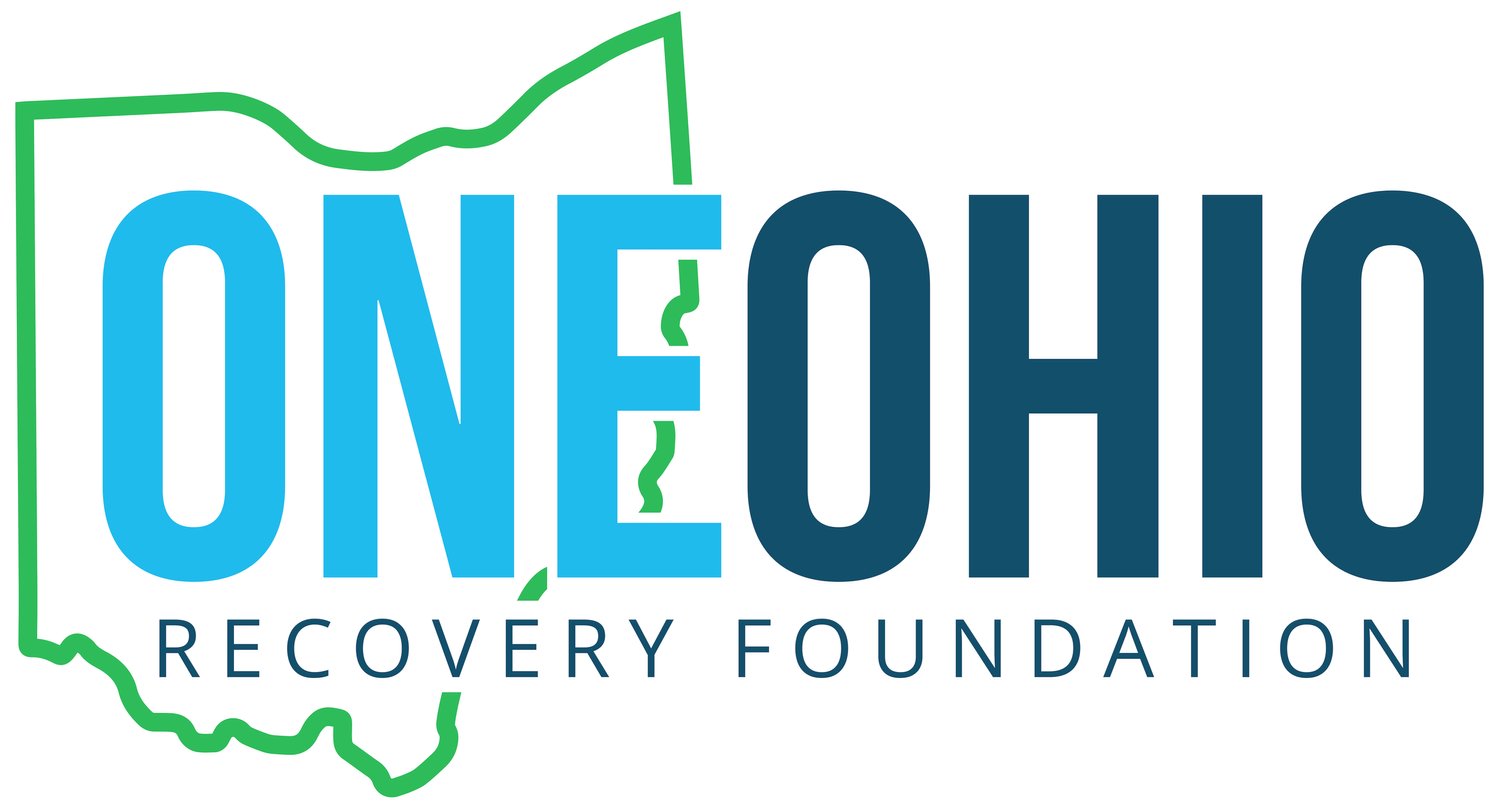Story: Angela Rahman
Angela Rahman is a member of the Mental Health Recovery Board Serving Warren and Clinton Counties. Almost seven years ago, her daughter, Amber, was 11 days shy of her 22nd birthday when she relapsed and died of an overdose in her grandmother’s basement. Amber had already been in rehab facilities three times.
She was a good student in high school, a hard worker, and was attending classes at Wright State University. But as her mother relates the story, signs had been missed. Angela didn’t realize that Amber had been smoking cigarettes and using marijuana as a high school student. In the summer between high school and college, Angela believes Amber began using hard drugs, possibly in reaction to a bad break-up.
Angela regrets not recognizing signs of a problem. Coming from a family where drug use wasn’t an issue, Angela said she had no clue what was happening.
Eventually, Amber’s college roommate alerted Angela to the situation. Amber went into rehab, though she acknowledged she didn’t realize she was addicted until after her first two attempts. Like many people, she felt she could handle doing drugs and getting away with it.
Before she died, Amber seemed as if she was doing well. She was living with her grandmother who was recovering from breast cancer. Angela doesn’t know why Amber relapsed, where she got the drugs that killed her, or if anyone was with her at the time she used for the last time.
Angela suffered greatly after Amber’s death, as did Angela’s two younger daughters. Angela continues to battle depression and feel the tremendous loss from Amber’s death. But she has also made it her mission to speak about Amber and addiction. As an African American woman, she says that’s especially important because the Black community doesn’t always talk about mental health and personal tragedy.
Angela wants the board to remember the obvious: addiction can affect anyone, regardless of their color, socioeconomic status, or level of education.
She also emphasizes the need for treatment and safe places to recover, and how important it is that those resources are widely known and available. By day, Angela works as a city planner/community development professional. In her job, she sees first-hand the harm that lack of housing options can cause to those aiming for long-term recovery. She is an advocate for funding need-based projects to address these problems.
In sharing her story, Angela would like to remind the board that everyone deserves help and opportunities to recover, regardless of how many stints in rehab it takes. Most importantly, everyone deserves to be treated with respect, because where there is life there is always hope.

